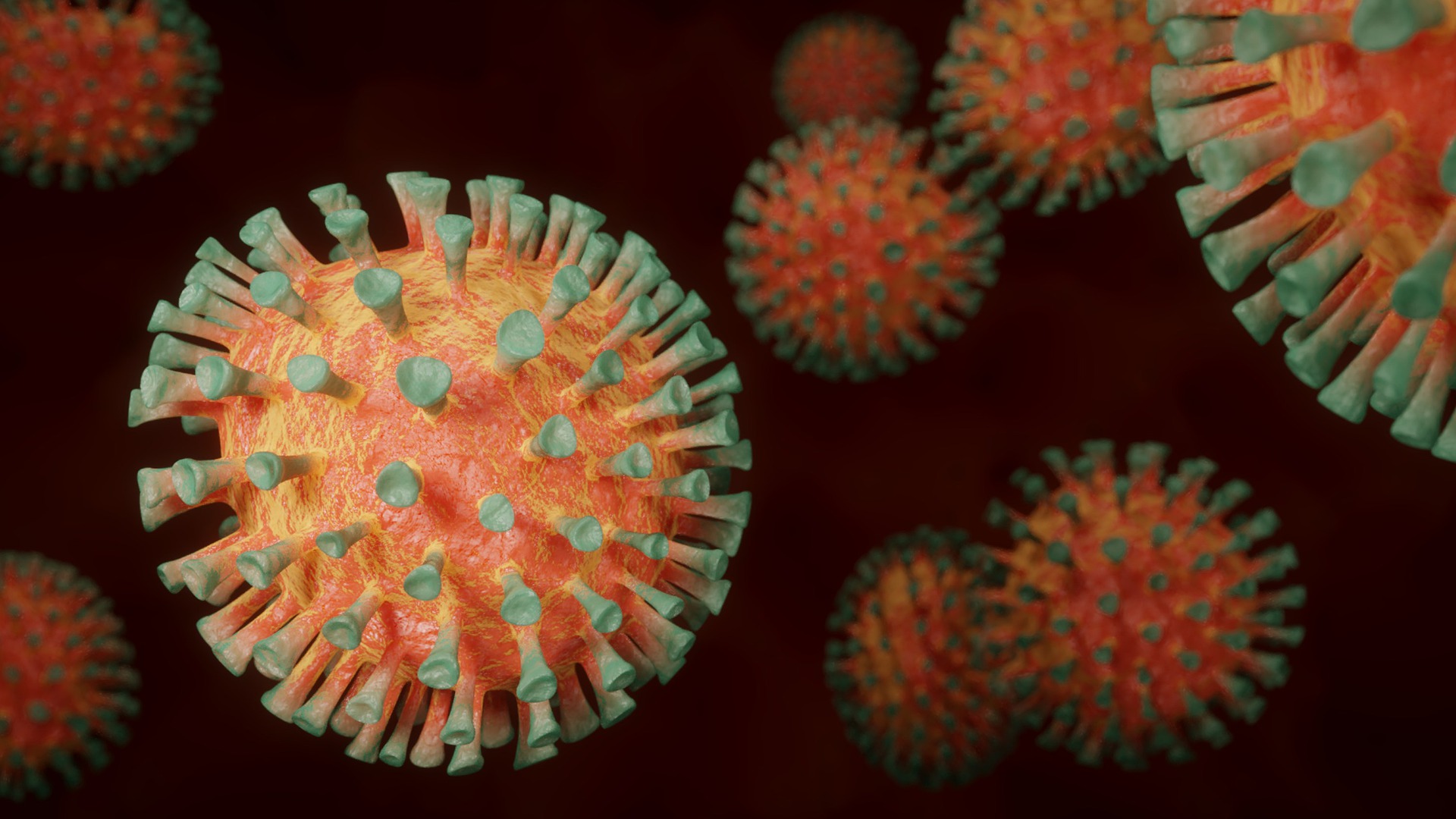
The latest research from the University of Hong Kong shows that COVID19 will reduce libido and fertility!
2022/2/28 14:30:56 Views£ļ1166
According to Radio Television Hong Kong and Sing Tao Daily reports on February 20, a study by the Department of Microbiology of the University of Hong Kong found that the new coronavirus may cause hypogonadism and decreased fertility in male patients, and patients will still be affected after recovery. The findings have been accepted for publication in the medical journal Clinical Infectious Diseases.
A team from the Department of Microbiology, The University of Hong Kong (HKU) found that even if hamsters were infected with a moderate amount of the new coronavirus (SARS-CoV-2), acute testicular injury, chronic testicular atrophy and decreased serum testosterone occurred. Previously, according to research records, some patients with new coronary pneumonia had testicular pain, and an autopsy of a male deceased with new coronary pneumonia also showed symptoms of testicular inflammation.
The title of the research article published in "Clinical Medicine": Testicular damage caused by novel coronavirus type 2 (SARS-CoV-2) infection in the nasal cavity can be prevented by vaccination.
Source: The University of Hong Kong official website
In this HKU study, hamsters were divided into two groups, the experimental group was infected with the new coronavirus, and the hamsters in the control group were infected with the influenza virus, and then the changes in testicles and sex hormones of the two groups of hamsters were compared. Among them, a group of hamsters infected with the new coronavirus developed milder self-healing pneumonia, which could be cured without treatment, but related hamster's sperm count and serum testosterone plummeted within 4 to 7 days. Between 42 and 120 days after infection, the testicles of the hamsters atrophied, and their size and weight decreased, along with significantly lower levels of sex hormones in the body.
Under the microscope, acute inflammation of the testis, hemorrhage, necrosis of the seminiferous tubules, and cessation of spermatogenesis can be seen. Inflammation, degeneration, and necrosis of testicular tissue continued for 7 to 120 days after infection.
Control hamsters infected with influenza A virus intranasally showed no testicular infection or damage.
Comparing the changes in the testes and sex hormones of the two groups of hamsters, the results show that the new coronavirus infection may cause hypogonadism and decreased fertility in men, and still affected after recovery.
Omicron and Delta variants can also cause similar damage.
Yuen Guoyong, chair professor of the Department of Microbiology at the University of Hong Kong, who led the study, said that when caring for male patients recovering from the new coronavirus, one should be aware of the possibility of reduced libido and reduced fertility, and vaccination can prevent such complications.

- CAIVD WeChat
Subscription Account

- CAIVD WeChat
Channels
China Association of In-vitro Diagnostics
Part of the information in our website is from the internet.
If by any chance it violates your rights, please contact us.

